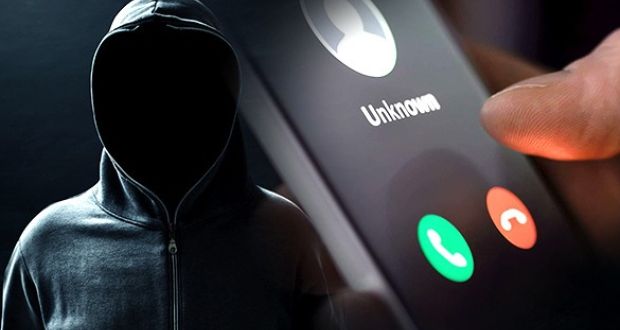Online fraud skyrocketed – the Financial Conduct Authority (FCA) issued 80 percent more fraud warnings in 2020 than 2019 – and financial analysts began coining the ongoing events of the last two years a ‘scamdemic’.
Early on, suspicious messages and calls offering priority vaccination appointments to the most in need (the elderly, immunocompromised, and those living in areas with low vaccination take-up rates) proved extremely lucrative for those willing to earn extra cash using deceptive methods.
In the first year of the scamdemic, the UK government reported over £2.3bn was lost by citizens, with over 413,553 individual instances of fraud reported to officials.
By October of 2021, the net had widened, with 45 million people living in the UK reporting that they had received at least one fraudulent call or text relating to COVID services during summer months.
As travelling overseas was made possible by widespread pre-departure and on-arrival PCR testing regimes, phony websites offering discounted testing services from non-existent laboratories littered the online sphere.
These internet sites had appeared so legit at face value that they were added on the government’s recommended test centres – with 91 of them removed last year.
Now that we’ve finally veered out of routine circuit breaker lockdowns and into a distorted version of freedom that offers only those with verified COVID passes access to large venues, scammers have begun texting citizens hyperlinks to claim theirs in exchange for private information – or else be fined.

Needless to say, it’s all slightly ominous and threatening.
And although Gen-Z has grown up in the age of news misinformation affording them a keener eye for identifying the obscure language and illusive techniques used by scammers, older generations are known to have a more difficult time gauging the difference between a legit source and a greedy trickster.
In an ongoing effort to combat more financial losses, governments have begun regularly issuing official warnings about texts and emails offering fraudulent COVID-19 related services worldwide.
Here in the UK, the government has even cracked down on misleading healthcare messaging, fining laboratories which falsely advertise low testing costs on their website only to then charge upwards of three times the price at checkout.
Mobile service providers, such as EE and BT, have joined the battle to prevent the scamdemic from growing by monitoring suspiciously active phone numbers and tracking reports of deceptive messaging content.
Acknowledging that millions of workers were dropped by their employers throughout the pandemic, it’s understandable that many have become desperate to make an earning. But exploiting individuals’ desire to stay safe during a global health crisis is a serious low-blow no matter how you look at it.
That said, a consideration of ethics hasn’t deterred it from happening, so let’s be grateful the bigger powers of the world, like phone companies, banks, and governments are working at tackling this unfortunate situation.
For those that have learned the hard way, let’s hope it has presented a lesson that sticks. After all, scammers are sure to continue innovating their methods in the near future – and there’s no telling what avenue they might choose next!





















